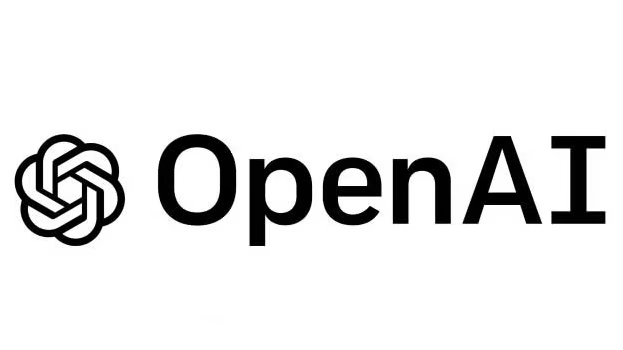The software development landscape is undergoing a significant transformation, driven by the pervasive integration of artificial intelligence, a heightened focus on security throughout the development lifecycle (DevSecOps), and the adoption of new platforms for efficient data management. Recent announcements and platform updates highlight these converging trends, showcasing how vendors are equipping developers with more powerful, secure, and data-aware tools to build next-generation applications.
AI is rapidly moving from a specialized domain to a core component of the software development toolkit. Companies like Valiantys are showcasing expanded AI capabilities aimed at empowering software development teams, likely involving AI-assisted coding, automated testing, and smarter project management. Similarly, Opsera’s recent $20 million funding round, earmarked for driving its AI-powered DevOps platform, underscores the industry’s bet on AI agents to enhance developer efficiency and automate complex workflows. Sonatype’s introduction of AI-driven Software Composition Analysis (SCA) further illustrates this trend, applying AI to automatically detect vulnerabilities and manage dependencies in the software supply chain, a critical aspect of modern development.
Security is no longer an afterthought but a fundamental requirement integrated from the initial stages of development. The DevSecOps movement continues to gain traction, emphasizing collaboration between development, security, and operations teams. Platform providers are responding with enhanced security features. Okta, a leader in identity management, is extending its Identity Security Fabric to encompass non-human identities (like APIs and service accounts), recognizing the security challenges posed by an increasingly automated and AI-driven future. Tools designed for scanning code repositories, like Orca Security’s solution for Bitbucket, are becoming essential for proactively identifying security issues early in the pipeline.
Efficient handling of large and complex datasets is another critical challenge addressed by new software platform innovations. The rise of AI, particularly generative AI and large language models, necessitates robust solutions for managing the data used for training and operation. Teradata’s launch of a solution for efficiently handling vector data specifically targets agentic AI use cases, recognizing the importance of vector databases for tasks like similarity search and retrieval-augmented generation (RAG). Redpanda’s announcement of General Availability for Apache Iceberg Topics for the enterprise addresses the need for reliable and scalable data lakehouse architectures. Apache Iceberg is an open table format designed for huge analytic datasets, enabling multiple compute engines to work concurrently and reliably on the same data, which is crucial for modern data-intensive applications.
Furthermore, collaboration and developer experience remain key focus areas. The partnership between DX and Spotify aims to enhance the impact of Spotify’s open-source developer portal, Backstage, indicating a continued drive to improve internal developer platforms and streamline workflows. Collectively, these developments signal a software engineering future where AI assists developers, security is deeply embedded, and sophisticated data platforms underpin the creation of intelligent, scalable, and resilient applications. The tools and platforms evolving today are setting the stage for faster innovation cycles and more powerful software solutions across all industries.
Source: SD Times

